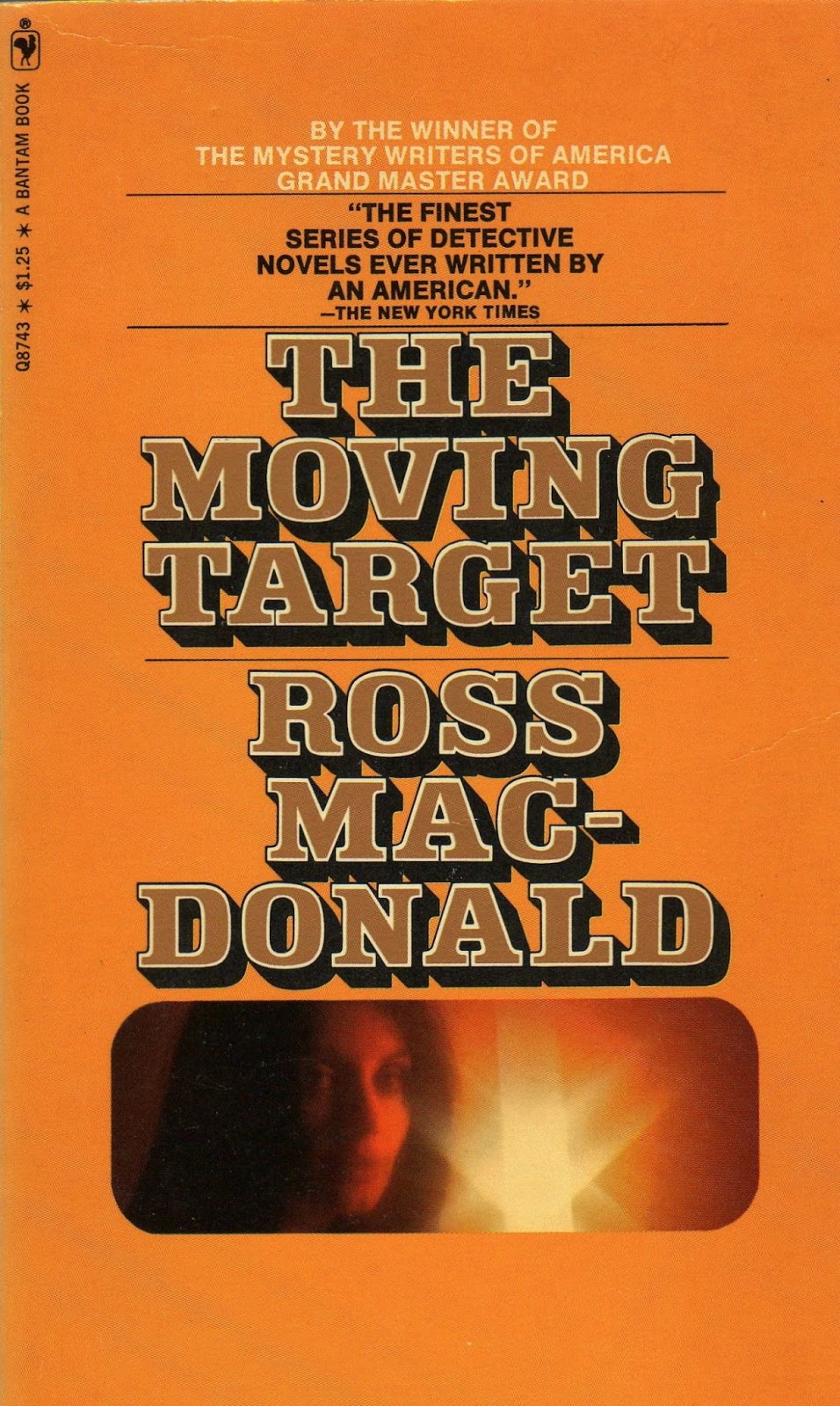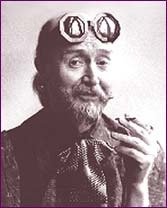What do you think?
Rate this book


186 pages, Mass Market Paperback
First published January 1, 1949

 for sending me a copy.
for sending me a copy.“You don’t know the type like I do… I’ve seen the same thing happen to other boys, not to such an extreme degree, of course, but the same thing. They went out of high school into the army or the air corps and made good in a big way. They were officers and gentlemen with high pay, an even higher opinion of themselves, and all the success they needed to keep it blown up. War was their element, and when the war was finished, they were finished. They had to go back to boys’ jobs and take orders from middle-aged civilians. Handling pens and adding machines instead of flight sticks and machine guns. Some of them couldn’t take it and went bad. They thought the world was their oyster and couldn’t understand why it had been snatched away from them. They wanted to snatch it back. They wanted to be free and happy and successful without laying any foundation for freedom or happiness or success. And there’s the hangover.”
“It smells like a snatch to me. Could be my nostrils are insensate. What does the hot sheet say?”
“I watched her white hands picking their way through the artificial boogie-woogie jungle. The music followed them like giant footsteps rustling in metallic undergrowth. You could see the shadow of the giant and hear his trip-hammer heart-beat. She was hot.”
The light-blue haze in the lower canyon was like a thin smoke from slowly burning money. Even the sea looked precious through it, a solid wedge held in the canyon's mouth, bright blue and polished like a stone. Private property: colour guaranteed fast: will not shrink egos. I had never seen the Pacific look so small.
He gave her a hurt look. She was looking at Taggert. Taggert was looking nowhere in particular. It was a triangle, but not an equilateral one.
It seemed to me then that evil was a female quality, a poison that women secreted and transmitted to men like disease.
...her small sweatered breasts, pointed like weapons, were half impatient promise, half gradual threat.